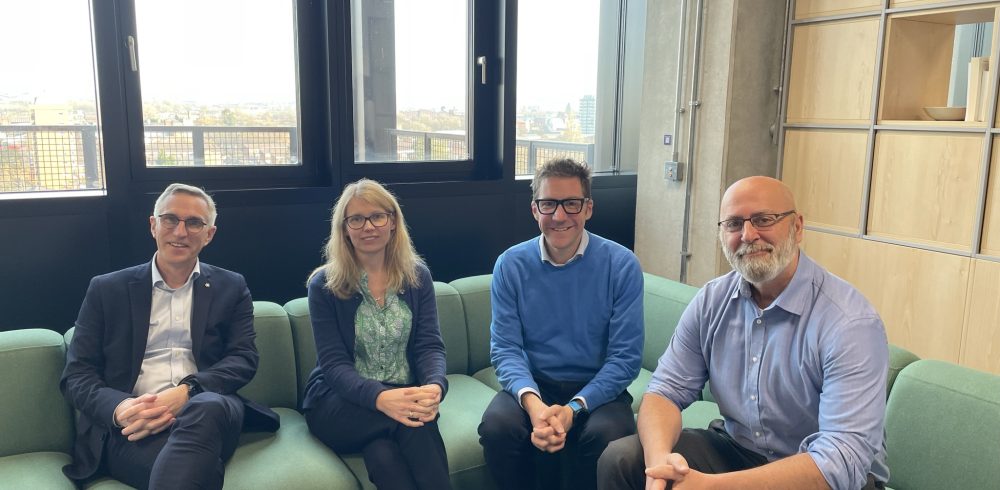The University of Manchester and Cummins formed a partnership to drive innovation in power solution technologies, with both students and researchers working together to contribute to the company’s future product development strategy.
As the collaboration marks the end of its first year, developments between Cummins, the university’s student and researcher community have contributed to significant advancements in air handling and hydrogen-based power solutions, helped secure government funding to develop an advanced digital tool and successfully resolved a complex performance issue in air handling systems.
One PhD student and two post-doctoral researchers have been actively involved with Cummins on air foil bearing projects, while two additional post-doctoral researchers have focused on the effects of hydrogen on material performance.
These efforts have directly supported Cummins’ Destination Zero initiative by enhancing the understanding of operational risks and accelerating the deployment of hydrogen internal combustion engines and air foil bearings for hydrogen fuel cells, both of which are essential for reducing emissions.
Notably, the collaboration has already garnered recognition after joint funding was secured from the UK government for the launch of Project Unity. With an aim of developing an advanced digital tool to improve the design and durability of components used in hydrogen-fuelled powertrains, the project employs machine learning-driven digital tools to accelerate speed to market by predicting long-term failure modes in critical powertrain components. By developing advanced digital material science tools, Project Unity will optimise hydrogen-fuelled powertrain products and drive innovation in sustainable power solutions, furthering Cummins’ commitment to a low-carbon future.
The partnership will continue to broaden its scope over the next twelve months to focus on further advancements in air foil bearing technology, data science applications, and other diverse exploratory projects. Key areas of research will include turbine wheel materials, noise suppression technologies, and innovations in fuel cells and electrolysers.
Laith Al-kazaz, R&T Advanced Engineering Director of Components & Software (CCS) – Turbos at Cummins, said: “The continued success of our collaboration with The University of Manchester’s exceptional students and researchers has provided them with the opportunity to play a crucial role in developing innovative and impactful work to the advancement of sustainable power solution technology.
“As we look to the future, we are eager to deepen our partnership and unearth new developments that will contribute to our research and development strategy for years to come.”
Aline Miller, Associate Dean for Business Engagement & Innovation in FSE at The University of Manchester, added: “Our collaboration with Cummins has led to impressive progress in developing sustainable power technologies over the past year, aligning with our commitment to the UN’s Sustainable Development Goals and giving our students and researcher community a chance to be part of some potentially industry-leading solutions.
“We have made significant advancements in air handling and hydrogen applications, particularly in improving testing methods for air foil bearings and addressing hydrogen-related material concerns. With seven researchers participating in practical projects, we are cultivating the next generation of engineering talent who contribute valuable insights to our research initiatives.”
Manufacturing & Engineering Magazine | The Home of Manufacturing Industry News















